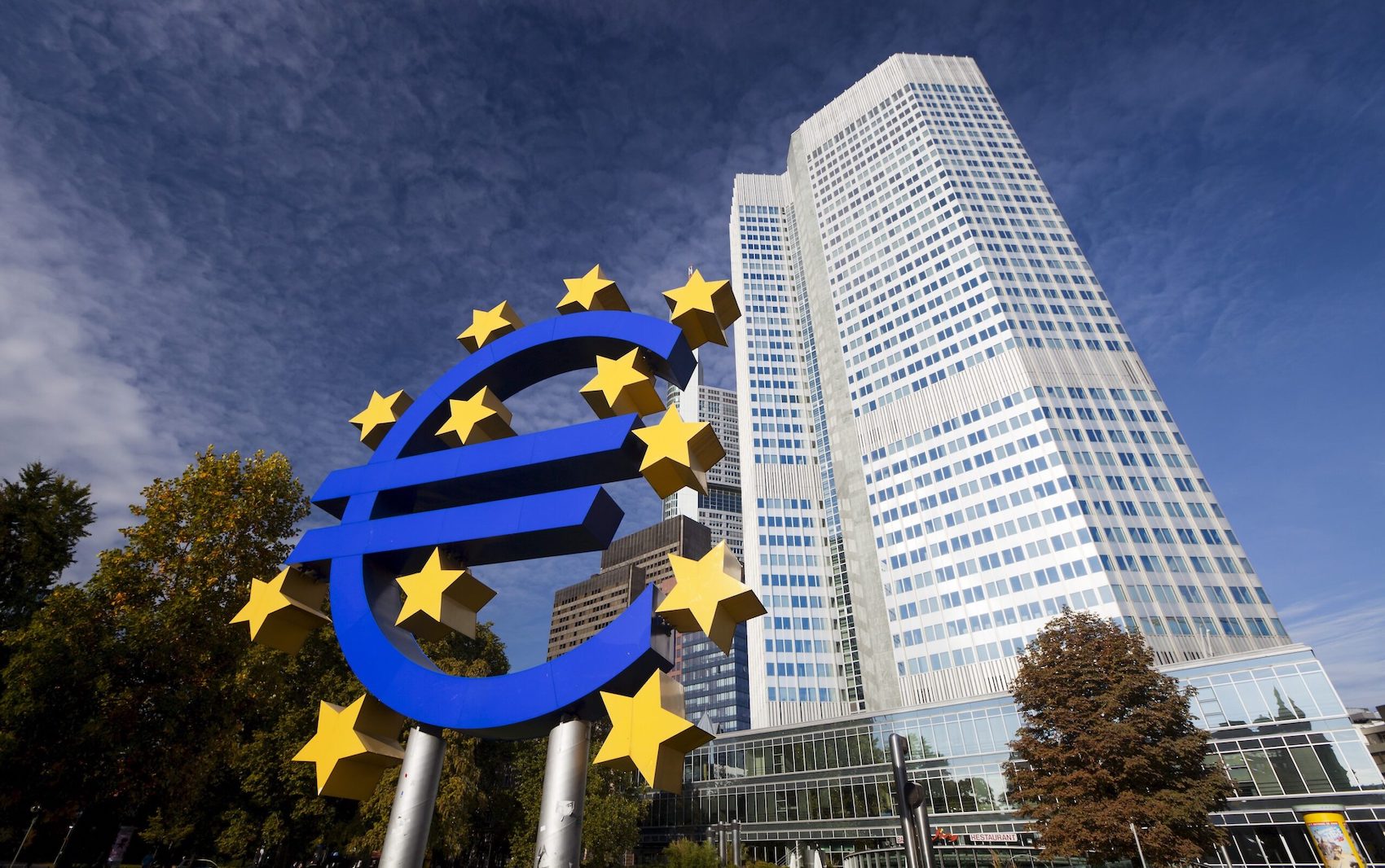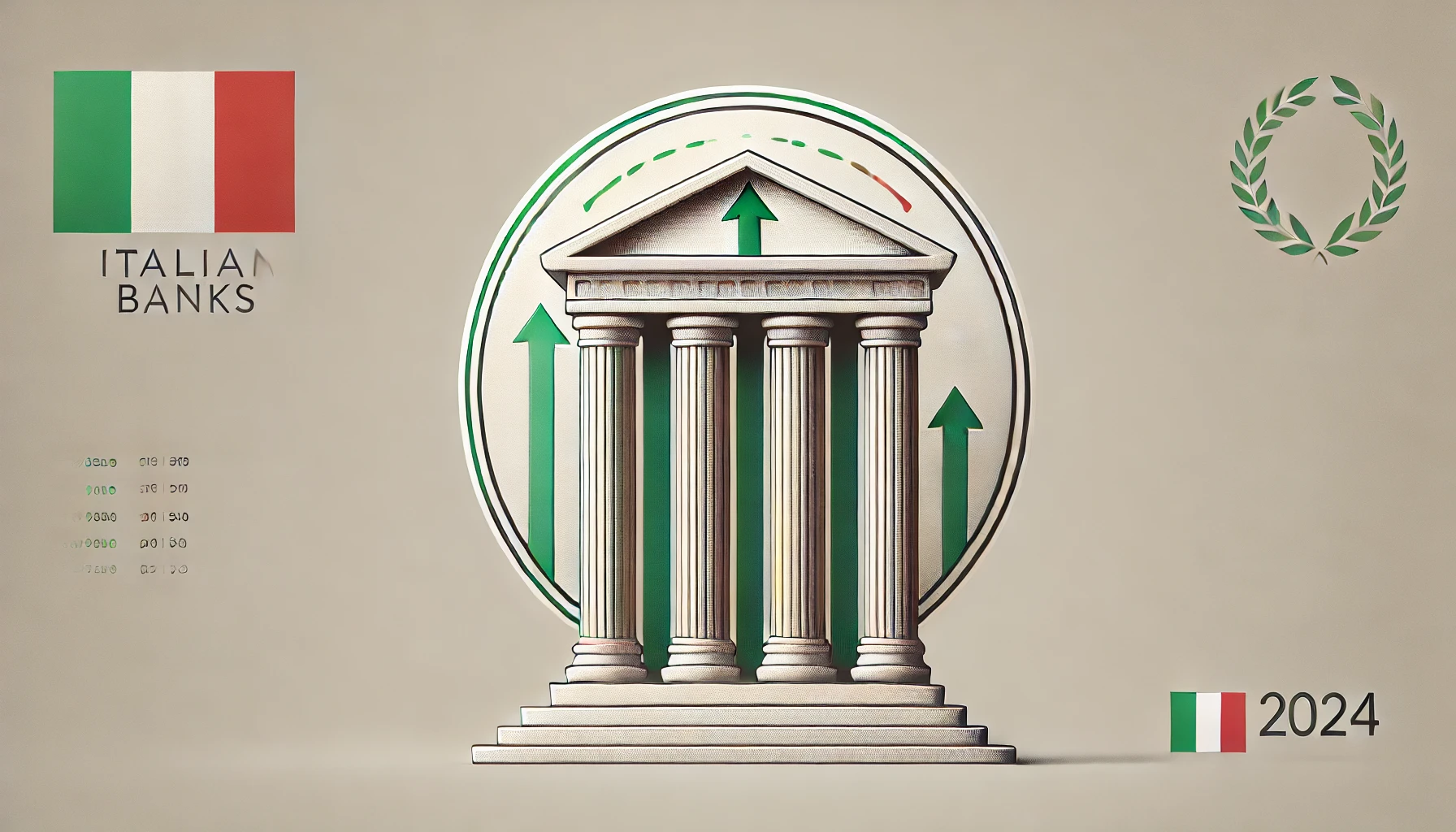Internet
If money is power, what next for ActBlue
If I work from the adage that ‘Money is Power’, then the power in the Democratic party in America rests with the people, or more exactly with the ActBlue donors, who have contributed $1.5bln to the Democratic party in the third quarter of the year. I just wonder whether the people have realised this yet, and what will happen when they do.
American politics has been increasingly driven by the need for candidates to raise massive sums of money to enable them to run their campaigns. This has traditionally taken the form of phoning up large known donors and asking them to pledge money to one’s campaign. This leaves the candidate needing to acknowledge the donor’s generosity at a minimum and likely being influenced in their policy decisions by the donor’s own political desires. For example, Sheldon Adelson has just written a $ 75mln cheque to the Republican party which will no doubt be keen to show they care. However, part of the reason that Adelson felt compelled to fund the Republicans is that the Democrats had just raised $91mln more or less overnight when Ruth Bader-Ginsberg died from small donors on ActBlue who were keen to support their party given the likely Republican efforts to push through a Supreme Court appointment before the elections. Very much correctly as it turned out.
Just taking this example, raises many questions for me about how the process of managing power, and access to it, in a democracy might evolve.
The first question to ask is whether looking at the amount of money given by possibly your most fervent supporters is actually a good way of judging the overall popularity of a party or a policy. This very much applies to big ticket donors, too. So will this wall of money make the Democratic party more or less centrist and/or more or less likely to win elections? Are we seeing the wisdom of crowds or a self-reflective echo chamber which is divorced from, and not an expression of, the wider community? Also given the way that politics works, is it better to tap into the wisdom of the crowds or is it better to have a leader who gives people what they didn’t know they wanted.
Whatever the answer is to these questions, the Democratic party will have to pay attention and ActBlue could become a new source of influence. Thus measuring donations could become a way of gauging the popularity of a proposal or a candidate. Let’s say there’s a major reform coming up and Congress or the Senate is prevaricating because the votes are close, one effective way to judge if the reform has broad support would be to look at whether the money flows are increasing or decreasing to the swing politicians. You could probably even call for a boycott of the platform if the party was looking to push through a particularly unpopular/difficult reform. I wonder how this might be used to either lobby for measures and/or counter-act the pressure of lobbyists. $5mln from company X is nice but not so great if it torpedoes $20mln of donations from your platform.
Will this make politics increasingly like one enormous, constant townhall? It seems like we could see a return to politics of the kitchen table if the people have to be addressed on their everyday issues. The way of conducting politics may evolve. This would seem to apply even for Republicans if WinRed becomes a potent force (over $600mln raised in the third quarter) and will therefore put politicians more in tune with poorer people’s needs given they will have to interact constantly with them and not just with the rich.
I would also expect this to start to affect how individuals in heavily red or blue states behave since they now have a clear way to give more weight to their opinion which would otherwise be lost due to the way the electoral college and the Senate work.
Whatever happens it seems like we could see a revolution in who wields power and how in the United States.




Devi fare login per commentare
Accedi